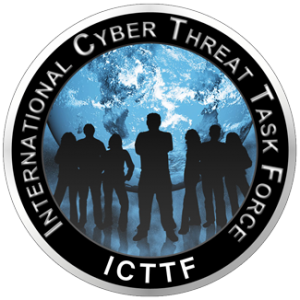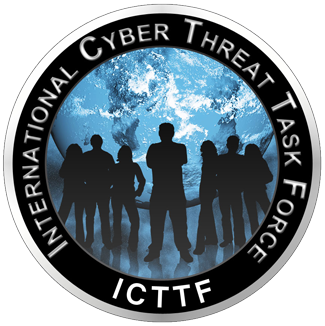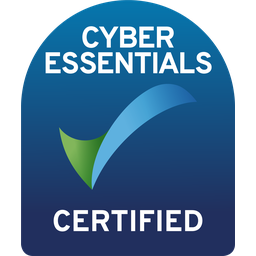DORA and Education
Fostering Digital Resilience through Education: A DORA Perspective
In the dynamic realm of the financial sector, the Digital Operational Resilience Act (DORA) has emerged as a pivotal regulatory framework, aiming to fortify the IT security of financial entities against the backdrop of increasing cyber threats. Education plays a crucial role in this context, serving as the cornerstone for understanding, implementing, and maintaining the standards set forth by DORA. This blog post is tailored to senior members of the financial sector, emphasizing the significance of education in achieving compliance with DORA and enhancing the sector’s overall digital operational resilience.
The Imperative of Educational Initiatives under DORA
DORA’s introduction underscores the necessity for a well-informed financial sector, where continuous education on cyber risks and resilience is not just encouraged but mandated. The act’s provisions extend to ensuring that staff at all levels are equipped with the knowledge and skills to manage and mitigate ICT risks effectively.
Key Educational Requirements and Actions
To align with DORA’s educational imperatives, financial entities should:
Develop Comprehensive Training Programs: Create training modules that cover the principles and requirements of ICT risk management frameworks, the nuances of third-party risk management, and the specifics of digital operational resilience testing.
Institute Regular Training Schedules: Ensure that training is not a one-off event but an ongoing process, with regular updates to reflect the latest cyber threats and legislative changes.
Promote a Culture of Cyber Awareness: Encourage a top-down approach where senior management leads by example, fostering a culture where cyber resilience is everyone’s responsibility.
Leverage DORA Resources: Utilize the guidance and resources provided by the European Supervisory Authorities (EBA, EIOPA, and ESMA) to inform and enhance educational programs.
Conclusion
The objectives of DORA are deeply intertwined with the need for a well-educated financial workforce, capable of navigating the complexities of ICT risk in a borderless digital environment. By investing in education, senior members of the financial sector can ensure that their organizations are not only compliant with EU regulations but are also contributing to a more robust and resilient financial ecosystem. As we move forward, let us embrace the educational mandate of DORA as a fundamental component of our operational strategy, recognizing that our collective resilience is only as strong as our commitment to continuous learning and improvement.


